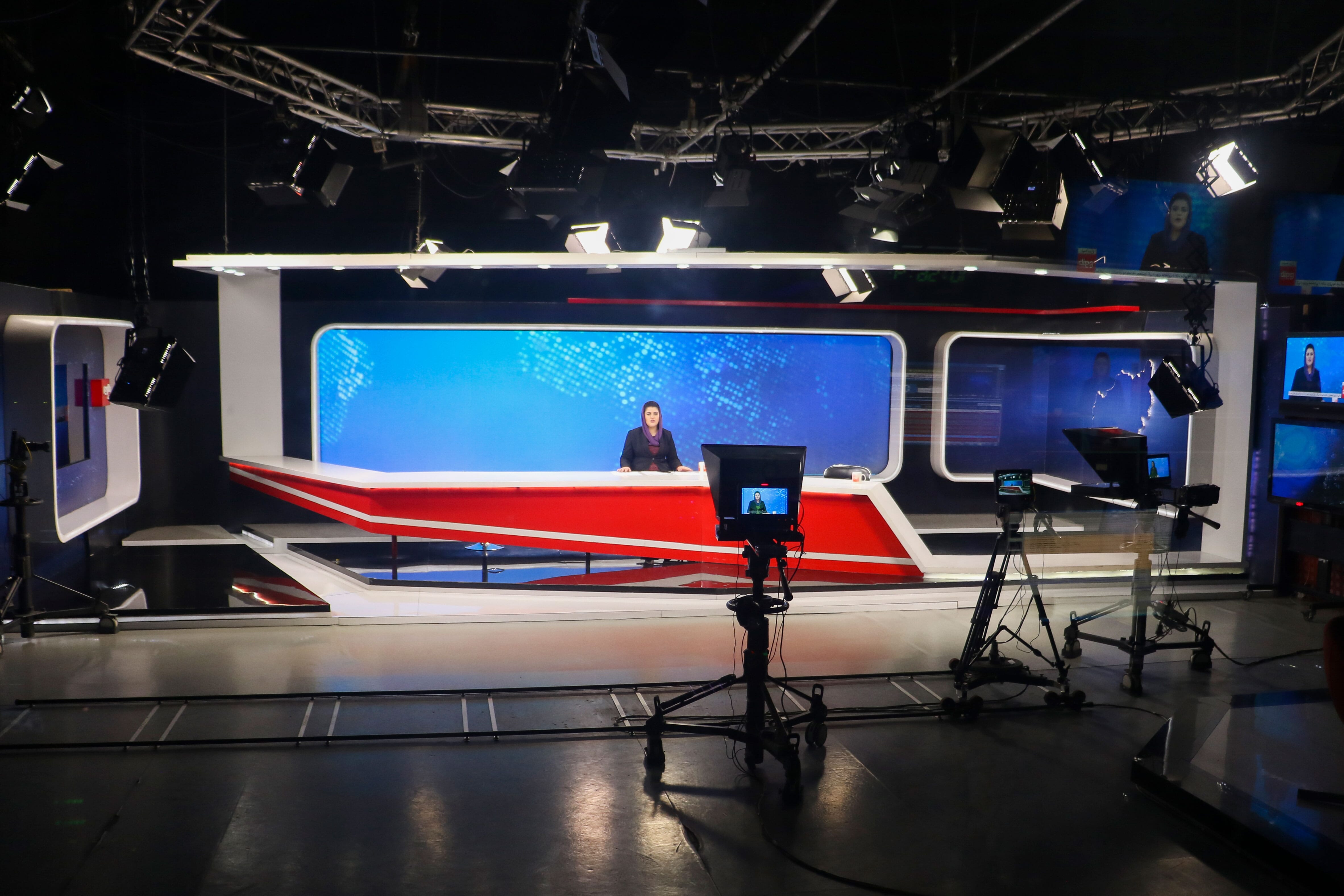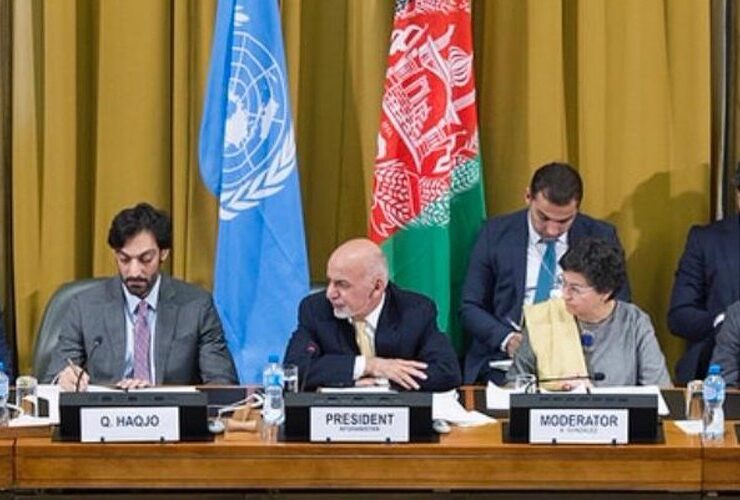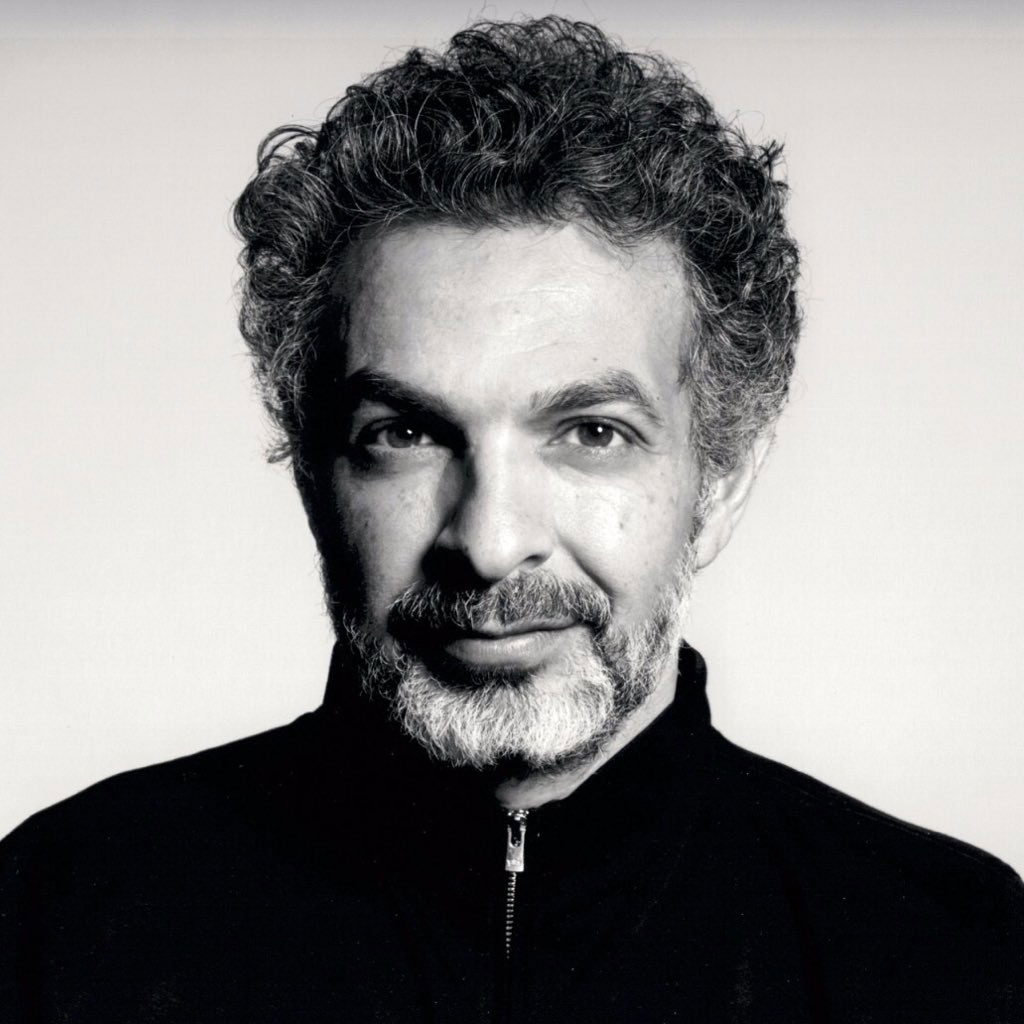
_____
AN INTERVIEW WITH THE MEDIA ENTREPRENEUR SAAD MOHSENI
Afghanistan’s largest media conglomerate, MOBY Group, employs around 1,100 individuals worldwide and over 700 in Afghanistan. Founded by Afghan-Australian entrepreneur Saad Mohseni and his siblings in 2002, MOBY’s business in Afghanistan includes three television channels – TOLO TV, Afghanistan’s most popular entertainment channel, TOLOnews, a 24/7 news channel, and Lemar TV, a popular Pashto-language channel, the radio stations Arakozia and Arman FM, Kaboora Productions, the music company Barbud, the Afghan Premier League, and Lapis Communications, to name a few.
MOBY has been widely recognized for bringing news and entertainment to underserved audiences through broadcast and digital platforms. It has grown beyond Afghanistan and now operates in South & Central Asia, the Middle East, and Africa.
In 2011 Time magazine recognized Mr. Mohseni as one of the 100 most influential people in the world, in 2013 Foreign Policy named him among its 100 Global Thinkers, and in 2016 he was featured on Business Insider’s list of 100 global business visionaries. The Asia Society has named him an Asia 21 Young Leader and an Asia Game Changer. He has been applauded for his role in advancing press freedom, empowering civil society and defending women’s rights, and in 2015 was identified by the BBC as one of 10 men globally championing gender equality.
Through an interview with the Business DNA, Saad Mohseni explains the secrets to MOBY’s success in his own words.
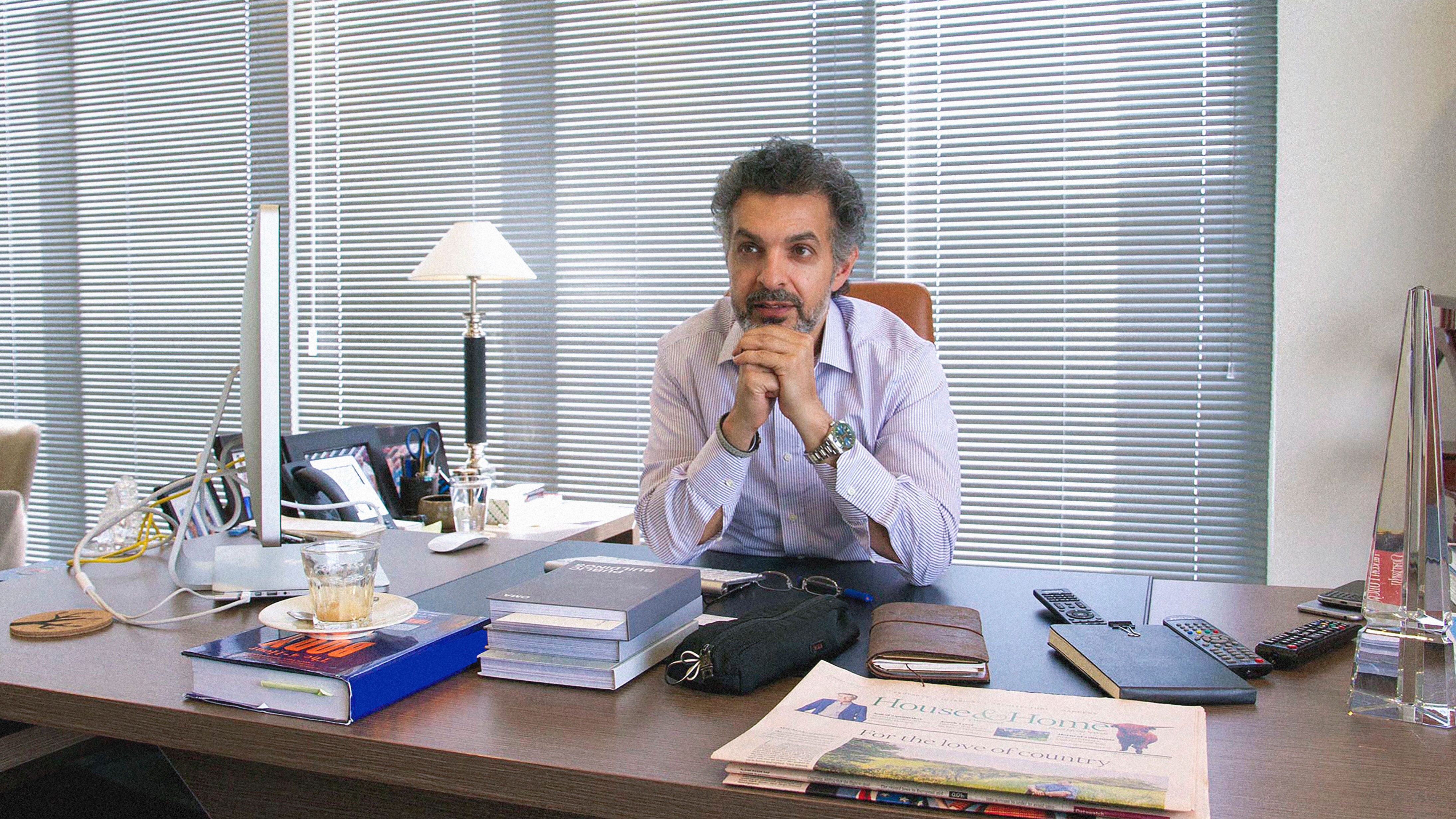
* What prompted you to stay and invest in Afghanistan?
We moved back to Afghanistan in 2002, motivated partially by being Afghans but mostly because we saw a genuine business opportunity in the country. What we decided early on was not to diversify too much into other sectors but rather stick to media and diversity within the sector and keep reinvesting in it. Fast forward to 2017, and we have over half a dozen companies — television, radio, digital, and so forth. We have created a sports league. We have a national presence. We are pretty much available online, on television, and on the radio. The important thing for us is how to reach different segments and different demographics as effectively as we can. To give you an example, we have over 30 million views on a monthly basis using our digital platforms. Afghanistan to most people may not seem like the sort of country to invest in, but for us, we have seen the business continue to grow.
“It is going to be volatile and unpredictable from time to time, but if you look forward, I have no doubt that Afghanistan’s going to be in a better place economically.”
Saad mohseni
* What’s been the key to your success?
The jury is out in terms of whether we will be a success or not, given the difficulties in the environment, but we would like to talk about four things here.
First and foremost, having a vision in terms of what you want to do in any business is important. For us, it was important that we had a vision in terms of creating a diversified media group.
Second, being able to adapt. It was very important to adopt different technologies to reach different types of viewers the best we could. So we have been as innovative as we can possibly imagine. It is essential to be ahead of the game in terms of technology and to understand, especially with the younger population, that their demands and the way they consume will change.
Third, capacity building has been very crucial for us — to train people, especially local people, and we do that across the region, not just in Afghanistan. Every division, every company of ours in Afghanistan is led by an Afghan.
Fourth, knowing what customers want. Your viewers will have their demands and those demands will change over time. You have to be able to give them what they want in the way they want it. If they want short-form content on Facebook, give them that. If they want long-form content on TOLOnews, you give them that. So you are basically receptive and open to changing the delivery of the content you produce in order to satisfy your customers.
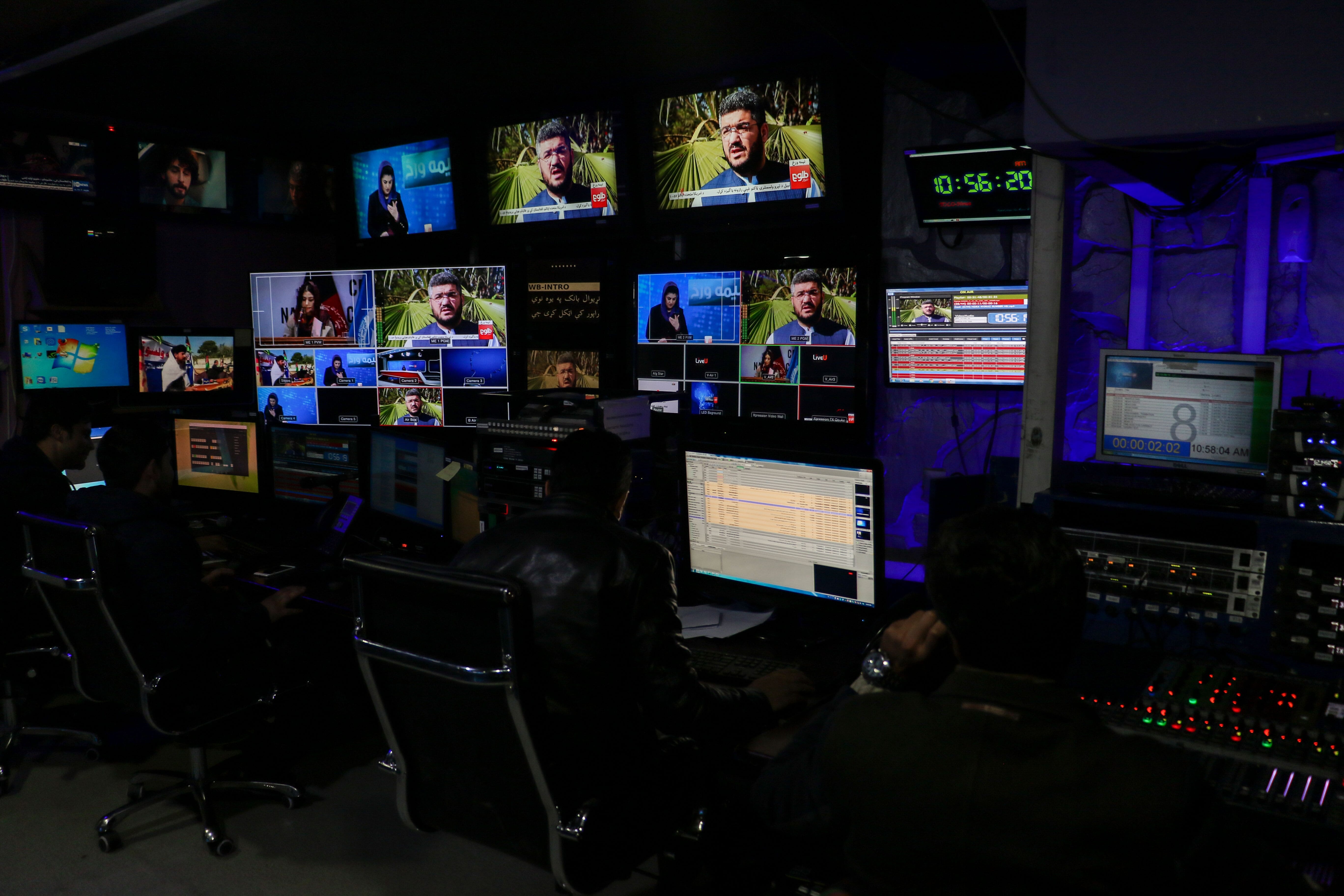
* How have you managed to keep the business going?
We have seen the business continue to grow. Over the last 2-3 years, we have gone sideways, but we have managed to keep the business going by becoming more efficient and smarter in terms of delivering our content and employing people who are local, who can manage the business better than internationals. We have seen the business adapt over this period of time and we have empowered people as much as we possibly could.
* What potential do you see in Afghanistan?
Today two-thirds of the population has a mobile phone and the median age is 18. So you are dealing with, relatively speaking, a sophisticated demographic that you have to adapt on behalf of. We have a long way to go. I think the most important thing for us all, as Afghans, is to remain committed to the country and its future. We will have ups and downs, but Afghanistan with 30 million people is an important market and it does offer significant potential to investors. It is going to be volatile, it is going to be unpredictable from time to time, but I think if you look forward, say by 2025-2030, I have no doubt that Afghanistan’s going to be in a better place economically.
* How do you compete with national & international media in Afghanistan?
We attempt to provide our viewers with content that resonates with them, and we have different shows that appeal to different demographics. Our programming people are very plugged-in in terms of what works with who, and why. We look at both formats that we can adapt (e.g., Family Feud) or dub (e.g., Turkish series). Over the years we have also put a lot of work into developing our own formats and shows such as Afghan Star, Afghan Premier League Football, On the Road, etc.
* Where do you see Moby Group in the next five years?
MOBY is essentially a content group. Our ambition is to become the ‘go-to destination’ for our viewers across South-Central Asia, Middle East and Africa.

* What did you learn from doing business in Afghanistan?
Don’t ever lose patience and don’t be afraid of taking risks. Audiences around the world are the same in terms of what they want i.e. great content that appeals to them, delivered in the way it’s most convenient for them.
* What would you change if you could start over?
Many things. But we don’t regret having done things the way we have.
* What do you recommend existing businesses should do to sustain & grow their businesses given the current state of affairs in Afghanistan?
To remain focused on the country’s longer-term prospects. Afghanistan’s population is set to grow to 100M by 2060 and with a median age of 18, the country will continue to grow strongly. It will be exciting to be a part of this growth.
* In your opinion, what would be the hottest sectors in the next 10 years in Afghanistan?
Construction, Mining, Services, Media, and Telecommunications.
